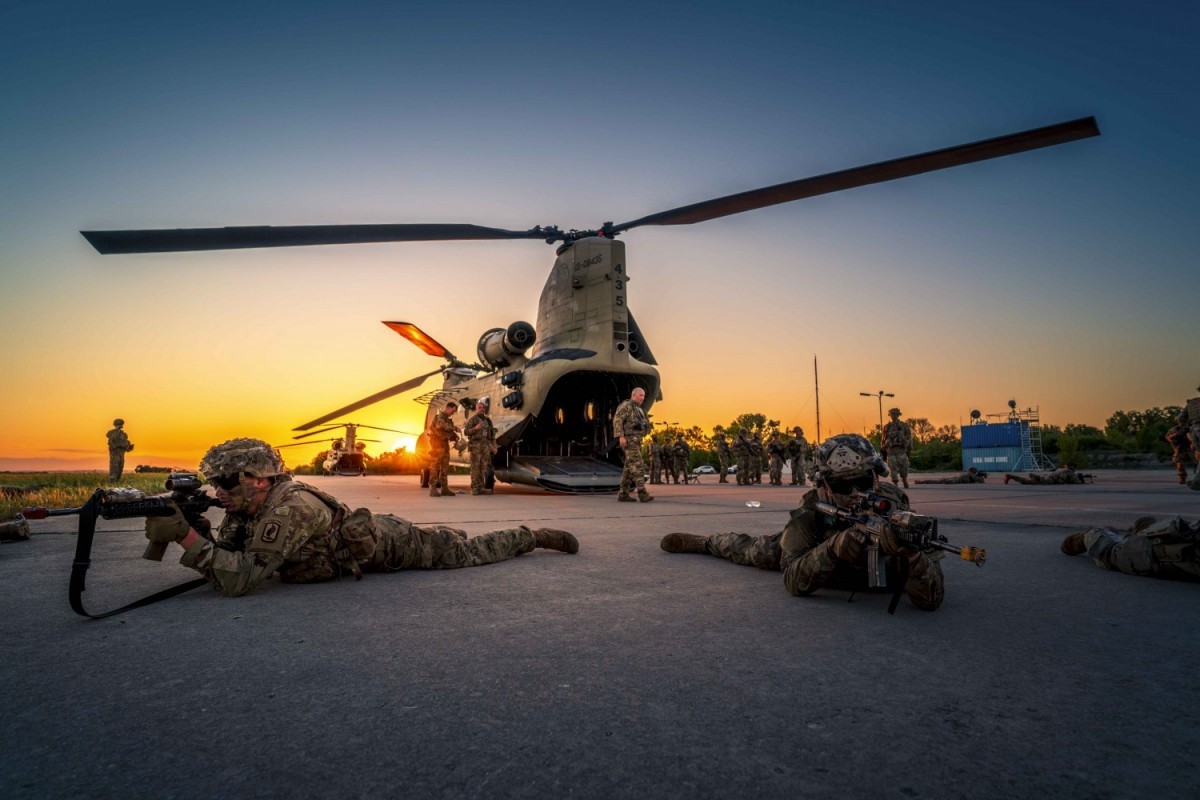
Russia Monitor is a review of the most important events related to Russian internal and external security, as well as its foreign policies.
Date: 31 October 2021
U.S. Bases In Central Asia? Russia Calls On Afghanistan’s Neighbors
Russia is seeking to prevent the return of U.S. and NATO troops to Central Asia. On October 27, Russian Foreign Minister Sergey Lavrov called on former Soviet republics in Central Asia “not to allow a military presence of U.S. and NATO forces which plan to move there after leaving Afghan territory.” However, it is unlikely that the U.S. Army will set its foot in any of the post-Soviet republics.

The top Russian diplomat was speaking over video at a conference about Afghanistan held in Tehran, Iran, with representatives from Iran, Pakistan, Tajikistan, Turkmenistan, and Uzbekistan in attendance. A representative of China was also speaking by video link. There are other countries besides Russia that are willing to see Western soldiers leave this region. While delivering opening remarks in Tehran, Iran’s vice president said that “the failed U.S. policy in Afghanistan is not equivalent to scrapping any destructive U.S. ideas on the region.” The most likely candidate to host a Western military base is Uzbekistan whose state authorities yet deny having been in talks with the United States. U.S. media outlets first reported this in April, so a few months before the Taliban seized Afghanistan. Two weeks before the Teheran meeting, Pentagon officials were participating in a delegation to Uzbekistan to discuss ongoing security cooperation efforts. Nonetheless, the country’s chief diplomat Abdulaziz Komilov said the issue of U.S. military presence in Uzbekistan was not on the meeting agenda. Tashkent should make careful decisions; the country’s 2012 foreign policy and 2018 defense doctrines prohibit foreign military bases from operating on its territory. With Russia’s blessing, the U.S. used the Karshi-Khanabad Airbase in southern Uzbekistan between 2001 and 2005 for missions in Afghanistan. Tashkent evicted the Americans after Washington criticized the May 2005 massacre in Andijan. The United States will exert pressure on Uzbekistan, but the Central Asian country would risk much by admitting the U.S. Army on its territory. First, the country would in this way strain its ties with the Taliban towards whom it is now following a conciliatory policy. In October alone, officials from Uzbekistan have held two meetings with Afghan government representatives. Komilov visited Kabul, and days later Taliban officials visited Termez, a border city in southern Uzbekistan. Secondly, this would complicate relations with Russia and China. Thus, Uzbekistan would seek to preserve its neutrality. Komilov has also ruled out Uzbekistan re-joining the Russia-led Collective Security Treaty Organization (CSTO) – a regional security bloc that Tashkent quit in 2012 – as a result of the Taliban takeover of Afghanistan. Kyrgyzstan is another Central Asian state to have offered its military infrastructure to U.S. forces at the time of the Afghan operation. A part of the Manas airport served as a U.S. military base in 2001–2004. Yet the Kyrgyz side faced significant pressure from Moscow to end the deal. But U.S. troops are more unlikely to return to Kyrgyzstan than to Uzbekistan. There will be no U.S. military base in Kyrgyzstan, President Sadyr Japarov said on October 23, adding that the Central Asian country has already a Russian military facility in Kant.
Support Us
If content prepared by Warsaw Institute team is useful for you, please support our actions. Donations from private persons are necessary for the continuation of our mission.
All texts published by the Warsaw Institute Foundation may be disseminated on the condition that their origin is credited. Images may not be used without permission.















